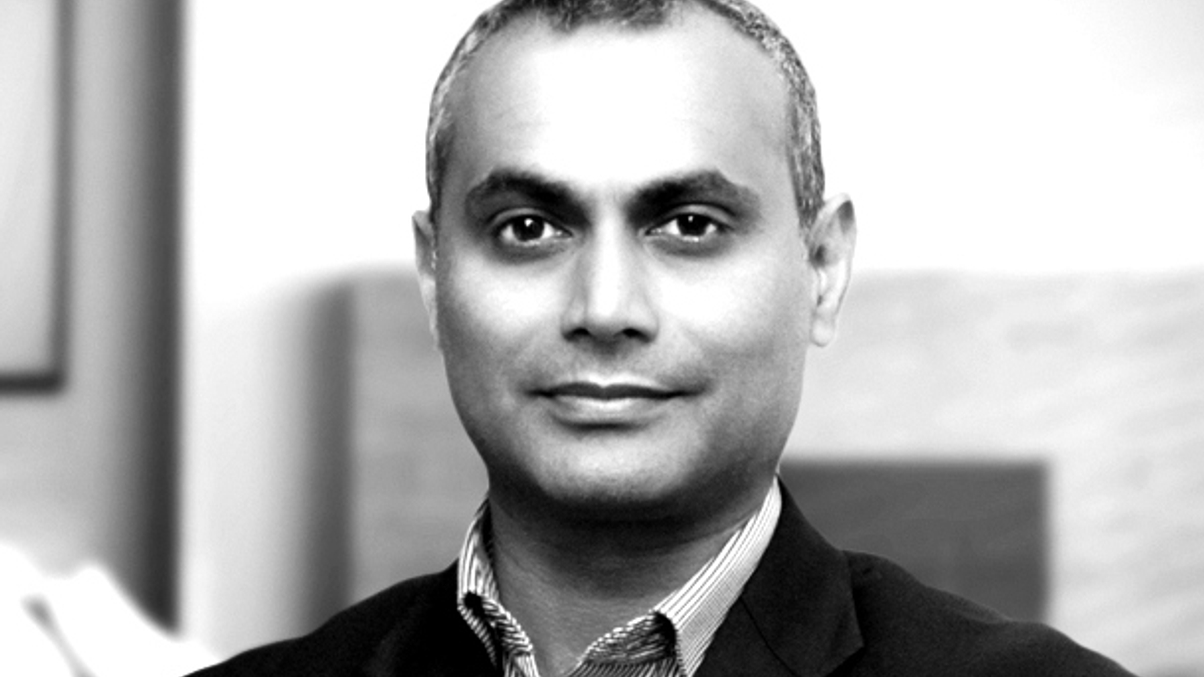Rising stars of private equity: part 2
AsianInvestor has identified eight PE firms taking the lead in operations, localisation and specialisation, or re-engineering traditional strategies. Here we list the remaining four.

A new generation of private equity firms is emerging in Asia, many of which are putting operational expertise at the core of their strategy, rather than simply relying on market appreciation to boost the value of their investee companies.
Sign in to read on!
Registered users get 2 free articles in 30 days.
Subscribers have full unlimited access to AsianInvestor
Not signed up? New users get 2 free articles per month, plus a 7-day unlimited free trial.
¬ Haymarket Media Limited. All rights reserved.


